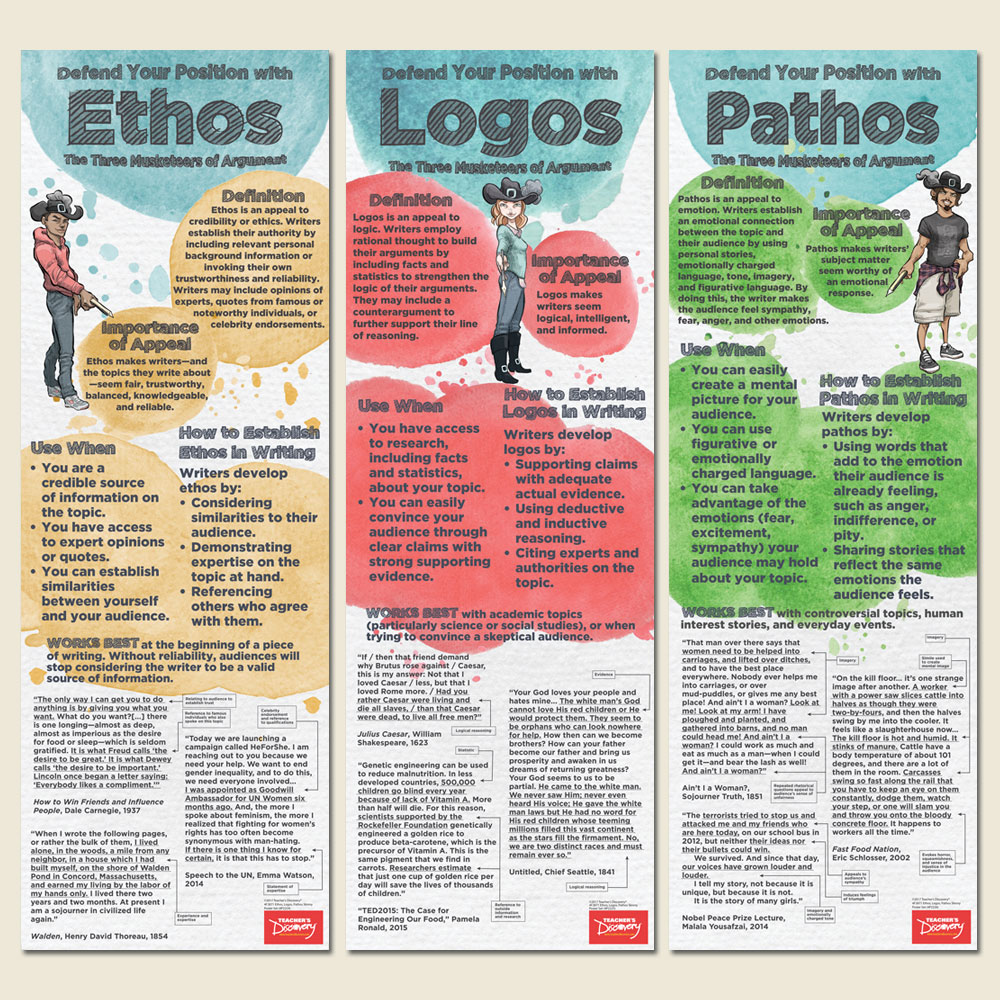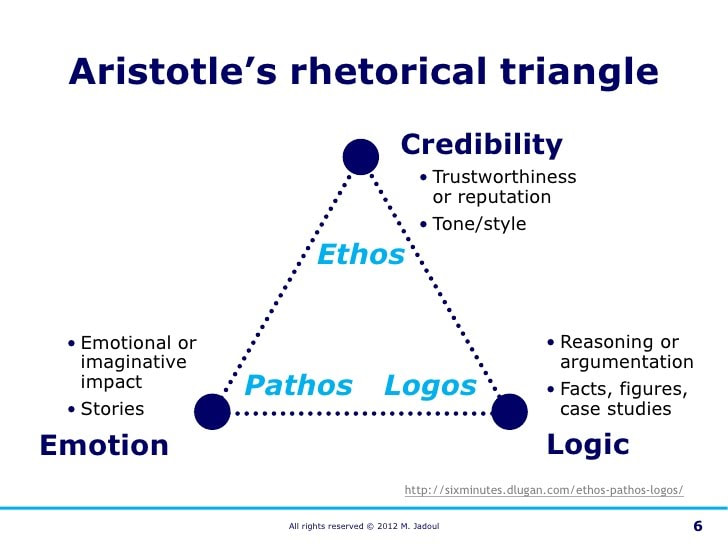

In Latin, the word meant character or the depiction of character. And to use a fifth-century BC Attic reconstruction for all classical Greek spoken from the eighth to the fourth centuries BC is like using a generic Boston pronunciation of the 19th century for the English spoken in Alabama, New York, Ohio, and Maine from the 18th to the 21st centuries.Īs for the etymology, English borrowed “ethos” from the classical Latin ēthos, which borrowed it in turn from ancient Greek ἦθος, according to the Oxford English Dictionary. The linguists considered such things as the meter in poetry, the way animal sounds were written, the spelling of Greek loanwords in Latin, usage in medieval and modern Greek, and the prehistoric Indo-European roots of the language.īut Attic, the dialect of classical Greek spoken in the Athens area, wasn’t generic-it was alive and evolving. The reconstruction originated with Erasmus in the early 16th century and was updated by historical linguists in the 19th and 20th centuries. You were probably taught a reconstructed generic Attic pronunciation of the fifth century BC. 630-570 BC), and the Ionic of the eighth-century BC Homeric epics, the Iliad and the Odyssey. Similarly, the Attic dialect used by Aeschylus (circa 525-455 BC) differed from the Attic of Aristotle (384-322 BC), the Doric dialect of Pindar (c. The Old English spoken by the Anglo-Saxons is barely recognizable now to speakers of modern English. This shouldn’t be surprising, since English itself changes over time. When English adopts a word from another language, the spelling, pronunciation, meaning, number, or function of the loanword often changes-if not at once, then over the years. (Our preferences would be EE-thohs, LOH-gohs, and PAY-thohs for the modern senses, though these aren’t terms we use every day in conversation.) PAY-thohs, PAY-thahs, PAY-thaws, PAH-thohs, or PAH-thahs.

EE-thohs, EE-thahs, EH-thohs, or EH-thahs.But in their modern English senses, we’d use standard English pronunciations for “ethos,” “logos,” and “pathos.”Īs it turns out, the 10 online standard dictionaries we regularly consult list a variety of acceptable English pronunciations that include the reconstructed ones: In referring to the Rhetoric and other ancient texts, we’d use reconstructed classical Greek pronunciations (EH-thahs, LAH-gahs, PAH-thahs), though there’s some doubt as to how Aristotle and others actually pronounced the terms. So how, you ask, should an English speaker pronounce these Anglicized words? Here are the usual English meanings now: “ ethos,” the spirit of a person, community, culture, or era “ logos,” reason, the word of God, or Jesus in the Trinity “ pathos,” pity or sympathy as well as a quality or experience that evokes them. When English adopted the terms in the 16th and 17th centuries, they began taking on new senses. (The classical Greek terms have several other meanings, which we’ll discuss later.) In the work, he uses “ethos” (character), “logos” (reason), and “pathos” (emotion) in describing the ways a speaker can appeal to an audience. Any help?Ī: As you know, ἦθος (“ethos”), λόγος (“logos”), and πάθος (“pathos”) are in Aristotle’s ῥητορική ( Rhetoric), a treatise on the art of persuasion. My friend said English has adopted the words so the commonly used pronunciations of eth-ohs, loh-gohs, and pay-thohs are now acceptable. Q: A friend and I were recently discussing “ethos,” “logos,” and “pathos.” Having studied classical Greek, I asserted they should be pronounced as the ancients did: eth-ahs, lah-gahs, and pa-thahs.


 0 kommentar(er)
0 kommentar(er)
